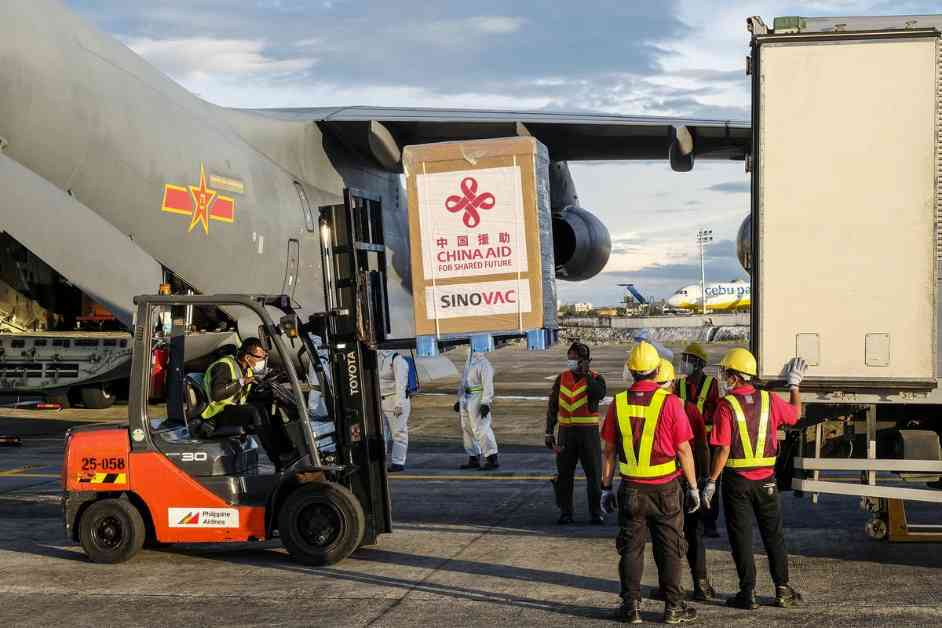During the height of the pandemic in 2020, the Pentagon reportedly conducted a secret antivaccine campaign in several developing countries to cast doubt on the efficacy of vaccines provided by China. This revelation has raised concerns about the impact of such propaganda on public health and U.S. credibility.
The Pentagon’s psyop operation aimed at discrediting vaccines in the Philippines by creating fake anti-vax accounts on social media. The primary objective was to undermine China’s efforts in providing life-saving aid to combat COVID-19. The Biden administration halted the program shortly after taking office, but the damage had already been done.
Health experts have emphasized that spreading antivaccine rhetoric can have deadly consequences, particularly during a global health crisis. The politicization of misinformation has led to a significant number of COVID-19 deaths in the U.S., fueled by conspiracy theories and mistrust in vaccines.
The fallout from the Pentagon’s covert campaign is significant, as it erodes trust in American institutions and undermines U.S. credibility on the global stage. The need to prevent such incidents in the future is crucial, with calls to ban intelligence operations from interfering in public health initiatives.
The history of deceptive practices by the U.S. government, including using fake vaccination programs for intelligence purposes, serves as a cautionary tale. The Pentagon’s recent actions highlight the risks of weaponizing public health initiatives for political gains, ultimately leading to a loss of public trust.
Moving forward, it is essential for governments to prioritize transparency and ethical practices in public health campaigns to rebuild trust and combat misinformation effectively. Learning from past mistakes and holding accountable those responsible for spreading misinformation is crucial to safeguarding public health and upholding credibility in the global community.






